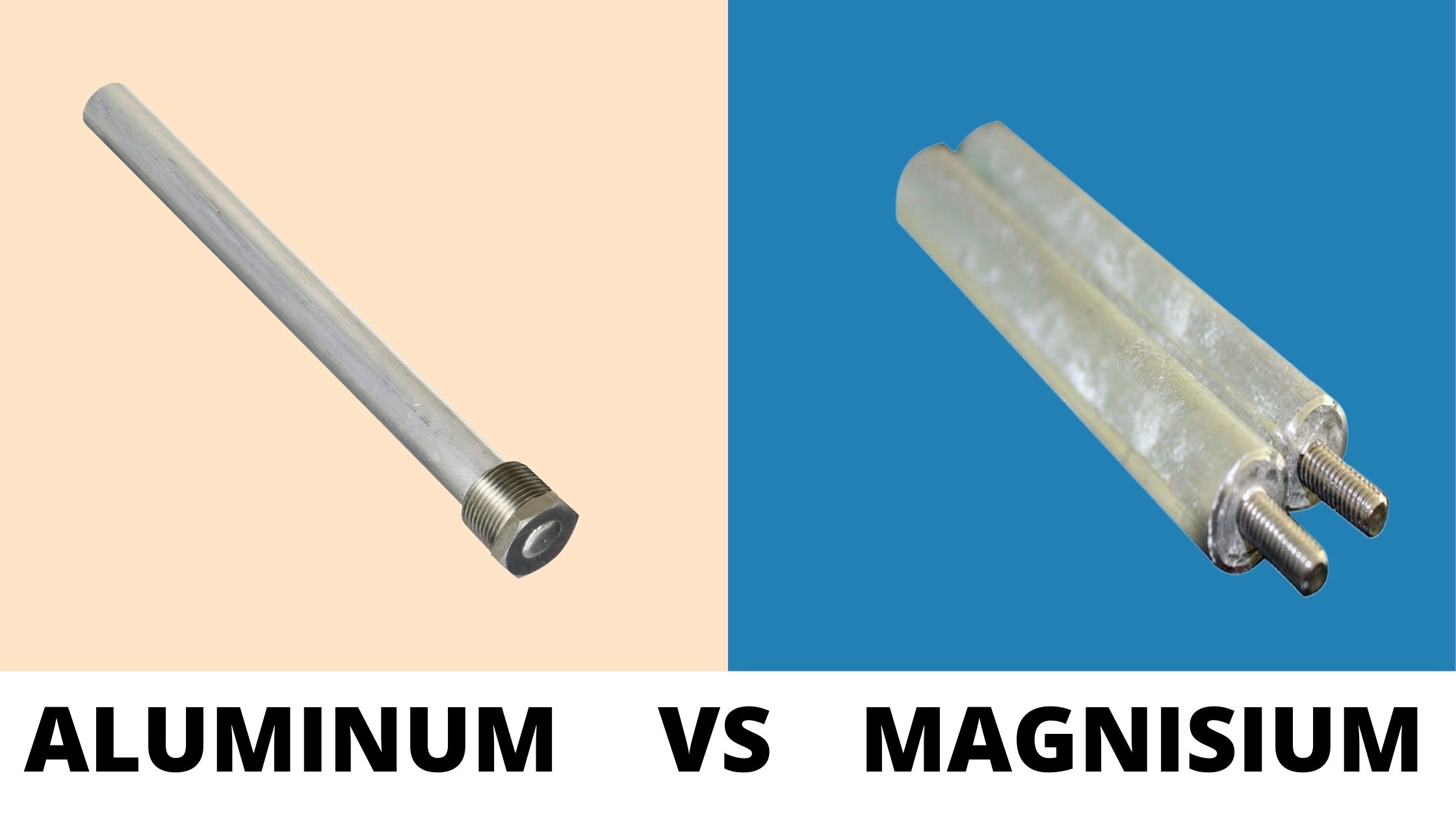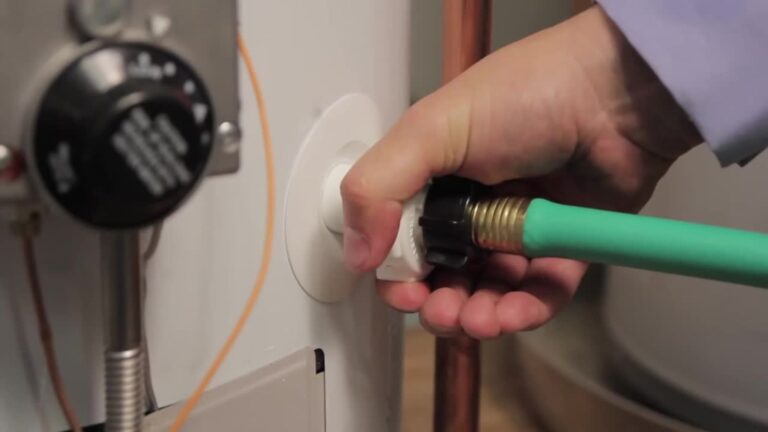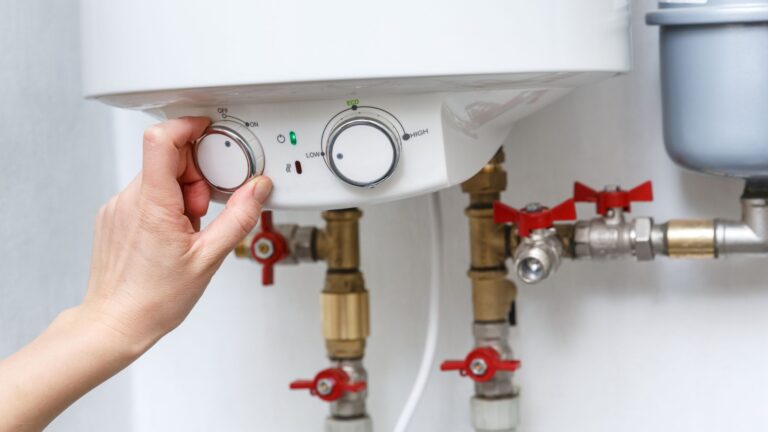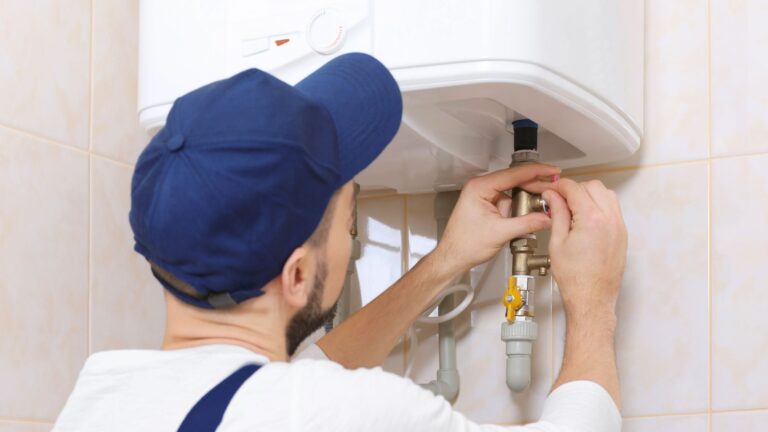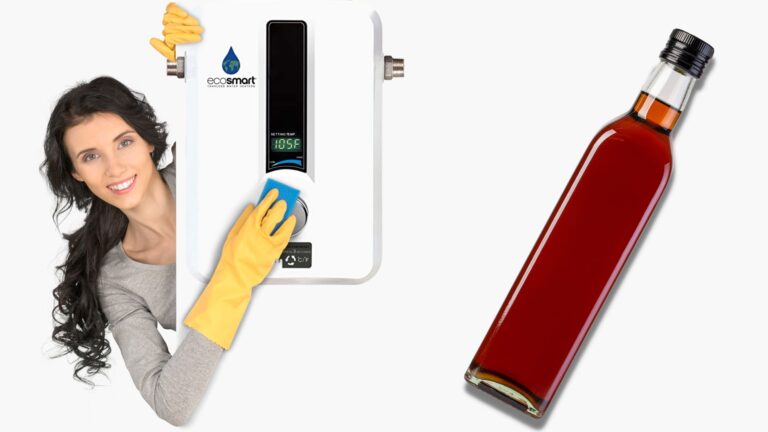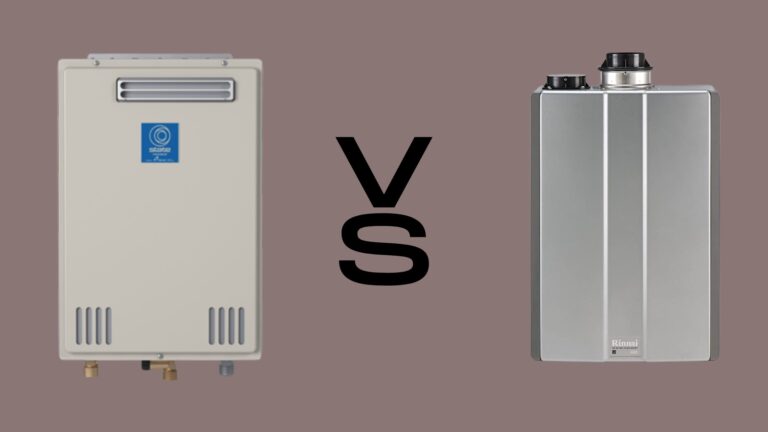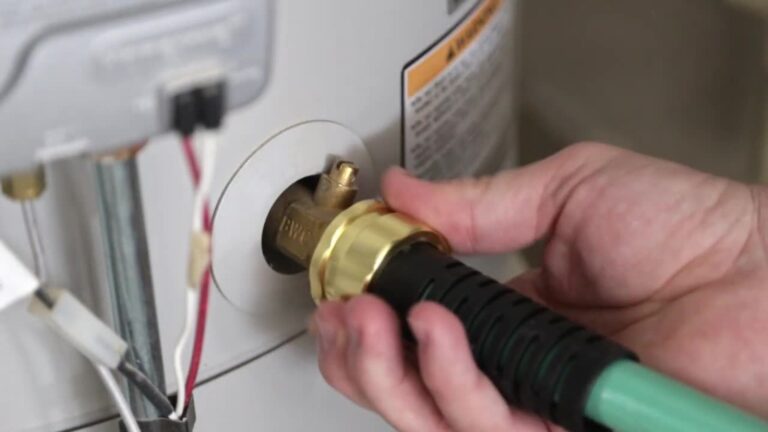Water Heater Anode Rod Aluminum VS Magnesium! Which One’s Better?
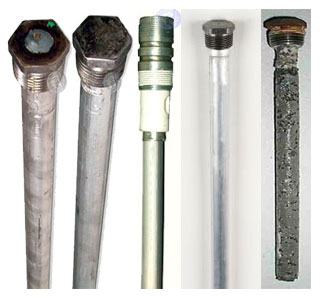
So now you’re willing to purchase a new tank-based water heater and get confused?
Which one to buy and which one not to…this question leaves everyone baffled.
But let’s dive into the details about picking the right type of anode rod to verdict on which one heats better, runs for a longer time, and even serves you better. But before that, you must know that the anode rods only work with the tank-based systems and not tankless ones. So, let’s begin with the Hot Water Heater Anode Rod Aluminum VS Magnesium Comparison.
What is the Anode Rod?
The tank present inside the heater accumulates a lot of pressure because of the heat and also the acid that is present inside the water. Thus, the anode rod becomes one of the primary components inside a heater to get corrosion. If there are hard water contaminants present, the level of corrosion even increases further.
The anode rod comes with special properties that can prevent rusting with the help of electrons. This rod is specified to treat the water with electrolysis by treating the water with the help of electrons. So basically, it’s a suicidal rod that can sacrifice itself to help you get fresh water for a bath.

However, when it comes to the manufacturing of anode rods, there are specialized reactive metals. As a result of this, magnesium, aluminum, or even zinc are the most common types of metals used for the product. Because of the corrosion, these rods must be replaced because there are no electrons left to treat the water.
So with time, the rods simply wear out. It’s not only because of the hard water, but multiple factors can speed up the rate of corrosion and also multiple other factors. This is the reason why the anode rod must be replaced every 3 to 5 years to keep the heater healthy and safe for use.
Why Do You Need a New Anode Rod?

Having magnesium or an aluminum-based anode rod means that you can be protected for a long. Since it gives away the electrons repeatedly to purify the water, it will lose all the electrons after a stipulated time. Once the rod will have no more electrons left to give, it will start rusting and in the end, there will not be any further electrolysis process available.
Because of this, corrosion will take place inside the heater. After a few months, you may experience multiple technical problems with the heater and you’ll end up paying a lot of money. It slowly starts to fail.
If the internal components of the heater get damaged completely, there will be no option left but to buy a new heater. Thus, you must check the situation of the anode rod after the warranty period is over. Usually, they last for about 3-5 years.
You must keep one thing in mind neither of the heaters will serve you with a warranty and a maintenance service if the heater is filled with hard water and the locality is being highly affected because of this.
Water Heater Anode Rod Aluminum VS Magnesium
Aluminum Anode Rods

The aluminum rods are the slowest-performing anode rods built from aluminum. To be fair, this type of rod is much less expensive when you compare it with magnesium or any other type of rod.
Since the working mechanism is slow, this is the reason why it produces low voltage during electrolysis. It is intended to slow down the corrosion. Most of the heaters come with anode rod as a standard option because of this mechanism.
The best part of using the aluminum anode rod is for places where there are a lot of sulfates present in the water. The anode rod works specifically to change the sulfates into hydrogen sulfides that can reduce the levels of contamination.
Strong Sides
- They include an alloy of zinc and aluminum materials
- They are affordable to purchase
- Anode rods have a longer lifespan
- They can remove any type of pungent smell
Weak Sides
- May cause plumbing issues
- Not good for consumption
- May increase sediment set up
- Rods may fall off to the bottom of the heater
- They are less reactive
- Extends the life of a water heater by attracting corrosive elements in the water
- Aluminum anode rod
- 5/8"diameter x 9.5" long
- Provides corrosion protection
- 3/4" NPT fits Suburban/Mor-Flo water heaters
Magnesium Anode Rod

The main feature of the magnesium anode rod is to prevent the internal components from corroding. The working mechanism for this is simple and it is quite effective. It is done because the rod diverts the entire corrosion to them.
Because of such a high-performance mechanism, these rods are mainly used in areas that receive soft water. As a result, they have a much shorter life span as compared to the other anode rods available.
To work with this, the magnesium rod also comes with a higher voltage and may be more reactive than others. But the one thing that makes everyone go gaga over the magnesium rods is the option of adding health benefits to the water. They are a great option for the in-line installation in cold water and screw-in application that can reduce the time of installation.
Moreover, the rods can easily provide a solution to the high alkaline water that is caused by the high levels of chloramines and chlorine present in the water.
Strong Sides
- It provides good protection from corrosion
- This type of anode rods come with dissolved magnesium and health benefits.
Weak Sides
- The price is always high
- You may get a rotten egg smell. This is mainly because it produces minerals to reach with the water that can lead to the formation of hydrogen sulfide.
- Extends the life of a water heater by corroding itself so that the water heater doesn't.Fit Type: Universal Fit
- Magnesium anode rod
- 0.5" diameter x 4.5" long
- Provides protection against galvanic corrosion
- 1/2" NPT fits Atwood heaters
Frequently Asked Questions [FAQs]
u003cstrongu003eQ1. Will exposure to more water use the rod faster?u003c/strongu003e
u003cstrongu003eA1.u003c/strongu003e Honestly, this is not at all about more water or less water. But it’s all about the quality of water that you have. If the water is hard and it has a higher level of contamination, it will get more difficult for you to deal with the anode rod. Of course, it will wear out easily and without any further delay.
u003cstrongu003eQ2. What is the option to cut an anode rod?u003c/strongu003e
u003cstrongu003eA2.u003c/strongu003e Not every anode rod that you buy from the local market may fit with your heater. Some may belong while some of them may just be short. To be fair, the anode rod may just be a bit shorter than the length of your water heater. So you need to be specific about the rod length that you choose. However, if you have to cut it, just make sure that you are doing it with a u003ca href=u0022https://www.merriam-webster.com/dictionary/hacksawu0022 class=u0022rank-math-linku0022u003ehacksawu003c/au003e and then cut out the extra length accordingly.
u003cstrongu003eQ3. If the anode rod gets dissolved, will it be safe to drink?u003c/strongu003e
u003cstrongu003eA3.u003c/strongu003e To be fair, the water inside the heater only gets heated and never boils up. So you can’t expect to say that the water inside is safe to drink. u003cbru003eEven if the anode rod is working perfectly, this water is mainly used for cooking and a shower. It is not specified for direct consumption. Some of the dissolved water materials may be good for health but not all.
u003cstrongu003eQ4. Will a solid rod last longer than a flexible anode rod?u003c/strongu003e
u003cstrongu003eA4.u003c/strongu003e If you see the construction of any of the anode rods present, you wouldn’t have been confused so much. Honestly, all the anode rods undergo a lot of pressure and heat at the same time. u003cbru003eBecause of this, it is made with solid metal to last longer. But the flexible part of any rod is just the joint. So all the anode rods will be both flexible and solid at the same time!
Conclusion
Coming to the comparison, both of these rods can be handy for you to use. But it all depends on the locality and the quality of water in the surroundings. The aluminum anode rod is available at a much cheaper rate than any other anode rod. So it’s a great option to choose if there is no corrosion.
On the other hand, the magnesium rods are much more professional when it comes to prevention from corrosion. If you live with hard water locality, you must pick out the magnesium rods. At the same time, they are quite expensive to purchase.
We tried to cover all the possible differences between the Water Heater Anode Rod Aluminum VS Magnesium. But, if something is left uncovered do let us know in the comments below.

